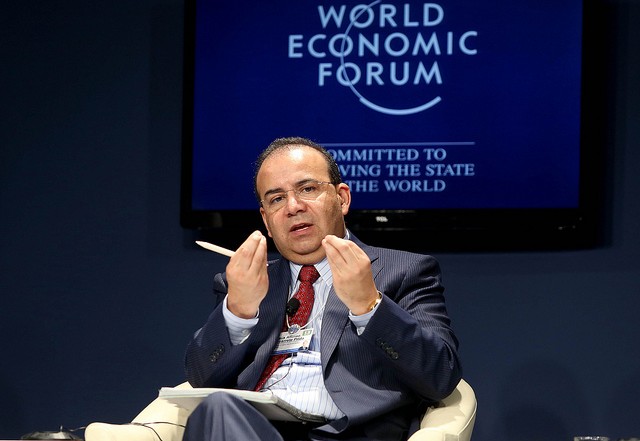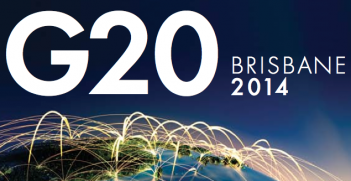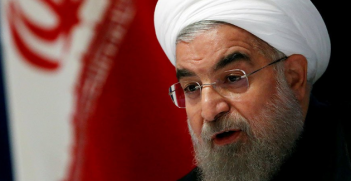Second-Fiddle Skills to Set the Standard

After opening its energy sector to private investment and riding out spillage from developed nations’ decisions, Mexico is an emergent economy with valuable insights, writes Claudia Calvin Venero.
Two years after world leaders met in Mexico’s Los Cabos, now it’s Australia’s turn to host the G20. The agenda will focus on employment, strengthening development, the energy markets, and the fight against corruption, as well as key topics of financial regulations, fiscal and monetary policy, investment and infrastructure, trade and reform of global institutions. In all of this, Mexico will have important interests and issues of concern.
An emerging economy shows the way
With respect to trade obstacles, Mexico ratified the “Standstill” agreement at Saint Petersburg’s 2013 summit to prevent countries from installing new provisions that obstruct trade at least until 2016. Contrary to the trade liberalisation objective, the G20 members are responsible for two-thirdsof all barriers imposed on commercial exchanges since 2008 (when the Standstill measure was agreed) – and that is obviously a pending issue in the agenda. Looking at Mexico’s example, it is important to recall that, together with Central America, our country unified its previous separated FTAs in order to better coordinate the sub- regional trade network. Our country also has deepened economic relations with LatinAmerican countries through the Alliance of the Pacific. So the experience of Mexico in these matters can be of great value – especially if the Trans-Pacific Partnership (TPP) negotiations evolve successfully, as countries will need to begin a discussion on harmonisation of all their trade networks.
Along the same lines, Mexico recently opened up its energy sector to private investment, an historical change that has attracted global attention. As established by Australia’s G20 presidency, the energy agenda will take an important role in the summit given that the “energy revolution” in North America will significantly alter the global energy landscape.
Issues requiring closer attention
One important issue currently not flagged for consideration but no doubt supported by many members is the promotion of women’seconomic empowerment. Support for this should be based more on practical and competitiveness-related interests rather than any gender politics perspective. Considering the need to catalyse productivity and employment, incorporating women into economies, and harnessing their talentand capacity, will benefit not only those countries that take positive action on this, but ultimately the world’s economy.
Another issue is the end of the previous “too-big-to-fail” provisions – especially after the last measures approved by the European Parliament as part of the creation of a single Eurozone system to shut failing banks. Bones of contention will be the pending IMF reform, as US Congress neglected the inclusion of quota reform in its recent two-year budget. Finally, Mexico expects an intense discussion over changes in the US Fed’s monetary policy – changes which have acted to increase volatility among emerging markets. While Mexico has not been impacted in great substance, it could have some “lessons learned” to share with other middle-income countries.
Claudia Calvin Venero is the Executive Director of the Mexican Council on Foreign Relations.
Israel Hernandez Seguin is the Deputy Director of the Mexican Council on Foreign Relations.
This is an extract from G20: Words into Action Brisbane 2014, to be published by Faircount Media in association with the Australian Institute of International Affairs in October 2014.





